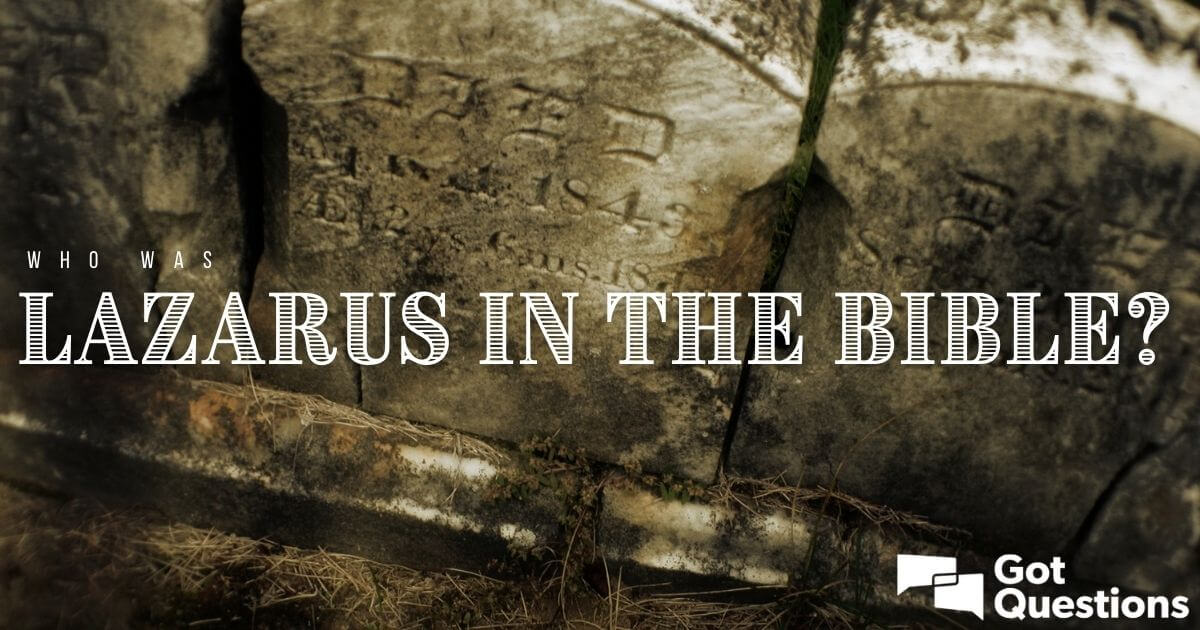Jumping off of a thread from a few days ago....... let's look at this specifically.
Which stories/teachings in The Bible are figurative language and which are literal?
It's all figurative and much of it is real.
Adam and Eve are real, although whether there was an Adam and Eve here is uncertain. The Garden of Eden is a vision that every priest has although it could be debated that the Scriptures were not the source of the vision. All this could be built with the stroke of a pen, however the Vision of the Three worlds seems to advent them.
The authors got pretty specific in the vision, which is a testament to their seeing, but there is no reason to believe they saw the rest of the story and did not make it up. After the comet strike in 2807 BC everyone wished they had an ark and wrote stories, because such and adventure is one of His pastimes, you can be sure it has happened somewhere, in fact it happened here, but only a three mile wide Comet and no need for an Ark. Just lots of rain and flooding and a tidal wave biigger than any we've seen, but not to wash into Turkey.
So, no Noah, no Abraham, the promise to Abraham is one that God Makes to His species constantly, it is fulfilled every five-thousand years. At any rate its a story, so don't think it was God that was being deceptive.
No Moses, no Exodus, In Judges they tell the truth, "Behold, I have given the land into Judah's hand."
Christ was coming though and He needed a people, so he stirred up some priests from India, and like any cult, it took root, and in a generation they had their history revised.
Samuel is the first book of historical record.
There are plausable explanations for Daniel on both sides, it is plausable that the potency had to go somewhere, and it is plausable that there was no-one like Daniel and in shame they wrote their prophesies.
Christ is real and the end times are misunderstood.
I'll post my web page on the subject, it reads fast, but it's all in there.
Tribulation Theory: At the White Horse Tribulation 2020-2026, 2030.5, the first Seal is prominent in the coronavirus. Five Convergences occur in the ten-thousand year Golden Age...

www.azapizzazz.com

